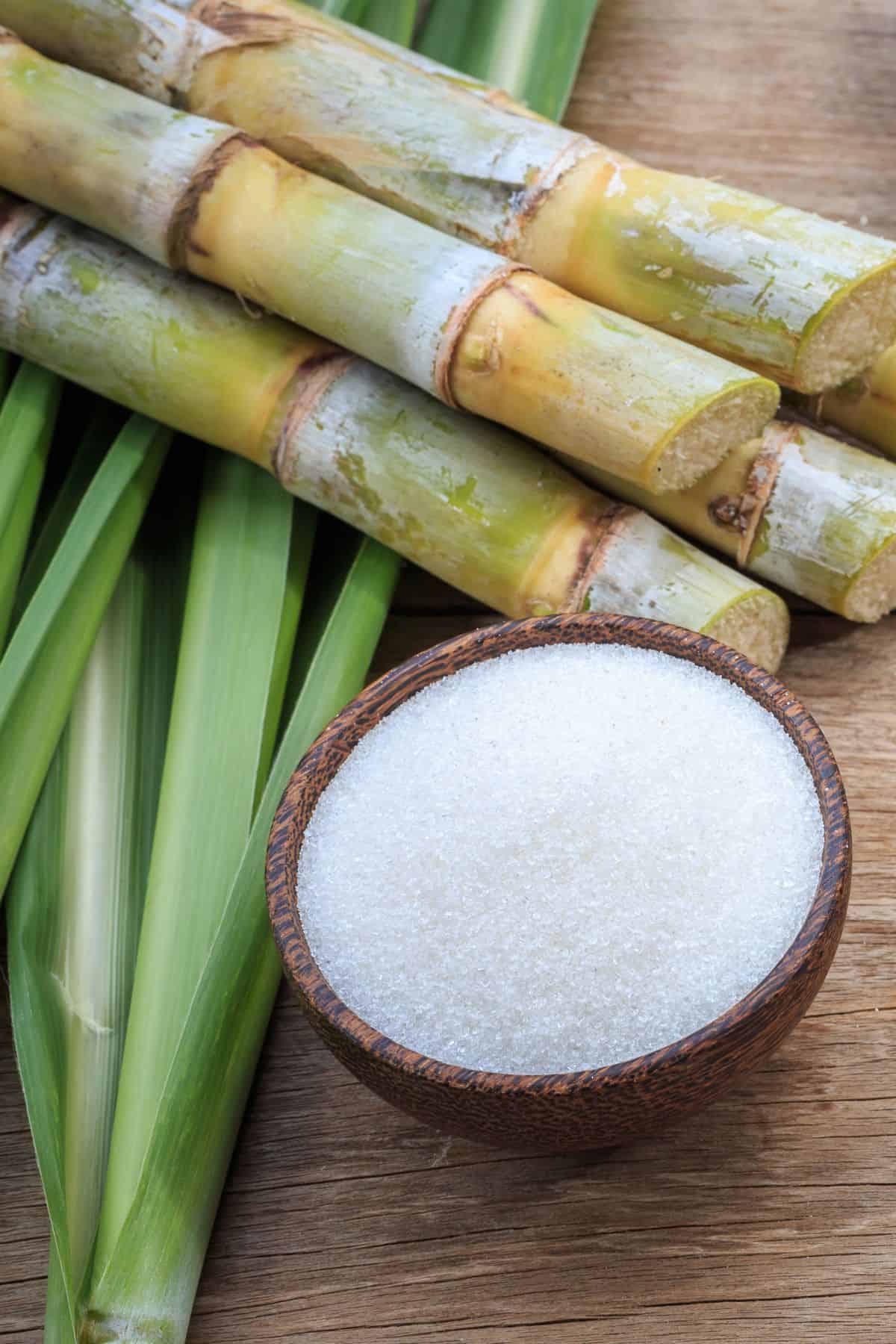Picking the Right Cane Sugar Processing Chemicals for Your Requirements
Picking the Right Cane Sugar Processing Chemicals for Your Requirements
Blog Article
Navigating Regulatory Conformity and Sustainability With Cutting-Edge Walking Cane Sugar Processing Chemicals in the Chemical Export Industry

Regulatory Landscape Overview
In the world of cane sugar processing chemicals within the chemical export sector, understanding the regulatory landscape is paramount for guaranteeing conformity and sustainable procedures. Regulatory bodies such as the Epa (EPA) and the Food and Medicine Administration (FDA) play an essential role in managing the manufacturing, import, and export of these chemicals. Compliance with laws established forth by these bodies is not only a legal need yet also essential for maintaining public health and wellness and ecological safety and security criteria.
Regulatory structures governing walking stick sugar handling chemicals incorporate a vast array of aspects, including labeling demands, acceptable levels of particular compounds, and standards for secure handling and disposal. For chemical exporters, this indicates sticking to rigorous documents processes, quality assurance actions, and regular audits to demonstrate adherence to these laws.

Lasting Cane Sugar Chemical Innovations

One prominent area of innovation is the development of eco-friendly chemicals that minimize water and power consumption during the sugar processing phases. By executing these lasting options, firms can reduce their carbon footprint while maintaining high levels of performance. Additionally, developments in naturally degradable chemicals are getting traction, supplying a more eco-friendly alternative to standard handling representatives.
Moreover, the assimilation of renewable resource sources in the production process is becoming extra common, more enhancing the sustainability profile of cane sugar handling. By embracing these sustainable walking stick sugar chemical developments, business can not only fulfill governing needs but also demonstrate a dedication to ecological obligation in the chemical export market.
Conformity Obstacles in Exporting Chemicals
Browsing regulatory frameworks postures substantial difficulties for chemical merchants, requiring thorough interest to compliance requirements and worldwide legislations. Exporting chemicals includes adherence to a complicated internet of policies that differ from country to country. Among the key compliance difficulties faced by chemical merchants is making certain that the items meet the particular regulatory needs of the importing nation. This consists of getting the necessary licenses, accreditations, and paperwork to demonstrate the security and legality of the chemicals being exported.
In addition, chemical exporters have to remain abreast of regularly advancing requirements and guidelines connected to chemical transport, production, and handling. Failure to follow these guidelines can cause serious consequences, including penalties, lawful action, and reputational damages. Browsing profession limitations, permissions, and export control legislations adds an additional layer of complexity to the compliance landscape for chemical exporters.
To alleviate these challenges, chemical exporters have to purchase robust compliance programs, conduct normal audits, and involve with regulative authorities to make sure a thorough understanding of the suitable regulations and regulations. By focusing on compliance and staying aggressive in attending to regulatory obstacles, chemical exporters can navigate the complexities of global profession efficiently.
Environmental Impact of Walking Cane Sugar Processing
The ecological implications of cane sugar handling are a vital aspect requiring detailed examination in the chemical export market. Walking stick sugar handling can have considerable environmental impacts at different stages of production. One of the key problems is the generation of huge volumes of wastewater consisting of raw material, put on hold solids, and chemicals utilized in the handling plants. This wastewater, website here otherwise properly dealt with, can contaminate water bodies, injury marine life, and deteriorate general water high quality. Furthermore, the burning of sugarcane areas before harvesting, a common technique in some areas, launches damaging air pollutants and greenhouse gases right find more into the ambience, adding to air quality concerns and climate adjustment.
In addition, the comprehensive use chemicals and plant foods in sugarcane growing can lead to dirt deterioration, water contamination, and harm to non-target organisms. It is essential for chemical merchants associated with the cane sugar processing sector to execute sustainable methods, purchase advanced wastewater treatment modern technologies, promote responsible agricultural methods, and follow rigorous ecological laws to reduce the unfavorable environmental influence of their operations.
Future Trends in Sustainability Practices
What cutting-edge strategies are chemical exporters in the cane sugar handling industry taking on to improve sustainability techniques for the future? One popular fad is the shift in the direction of establishing and using green chemicals in the processing of walking cane sugar - Cane Sugar Processing Chemicals.
Another key fad is the implementation of advanced modern technologies such as automation and information analytics to optimize source usage and lower waste generation. By using the power of information and automation, chemical exporters can enhance their operations, enhance power effectiveness, and enhance general sustainability efficiency.
In addition, partnerships and collaborations with sustainability-focused organizations and stakeholders are coming to be significantly typical. By interacting, chemical exporters can trade expertise, share ideal methods, and collectively drive development towards more sustainable walking stick sugar handling methods. Embracing these trends will certainly not only profit the setting yet also make sure long-term success and competitiveness in the sector.
Verdict
Finally, the go chemical export market have to navigate complex regulatory landscapes and sustainability challenges when refining walking stick sugar. Technologies in walking stick sugar processing chemicals are critical to meeting compliance criteria and decreasing ecological effect. As the sector continues to progress, it is essential for firms to embrace lasting practices and stay in advance of future patterns to make sure long-term success.
In the realm of walking stick sugar handling chemicals within the chemical export industry, understanding the regulatory landscape is critical for making sure compliance and sustainable procedures.Checking out ingenious methods in the advancement of sustainable walking cane sugar chemical options is critical for progressing environmental stewardship in the chemical export industry. Companies are progressively investing in study and growth to develop cutting-edge cane sugar processing chemicals that not just make sure high efficiency in sugar manufacturing however likewise adhere to rigid sustainability standards.
In addition, chemical merchants have to remain abreast of regularly advancing requirements and laws related to chemical handling, production, and transportation - Cane Sugar Processing Chemicals.The environmental ramifications of walking cane sugar processing are an important element calling for extensive exam in the chemical export market
Report this page